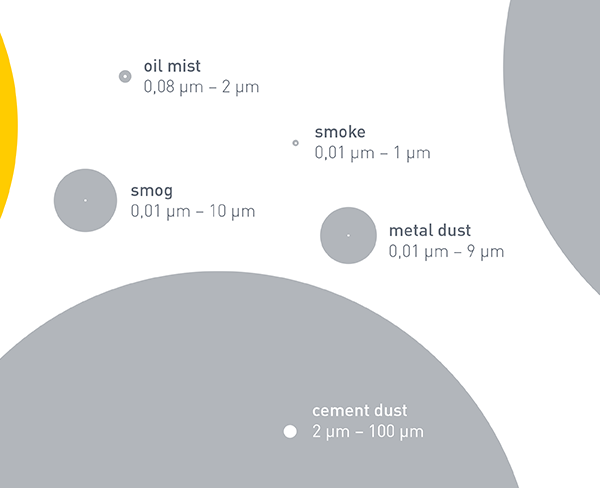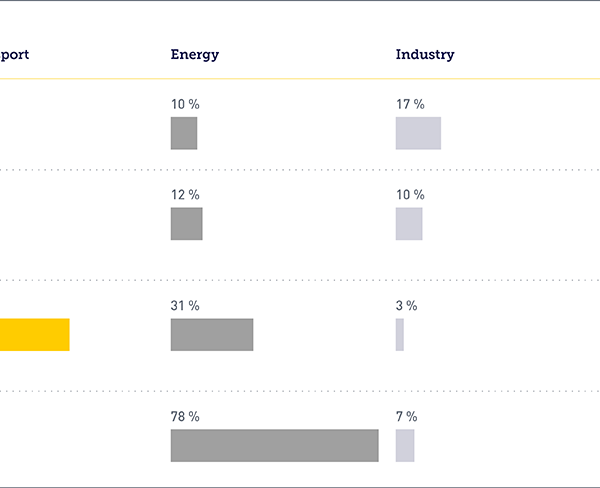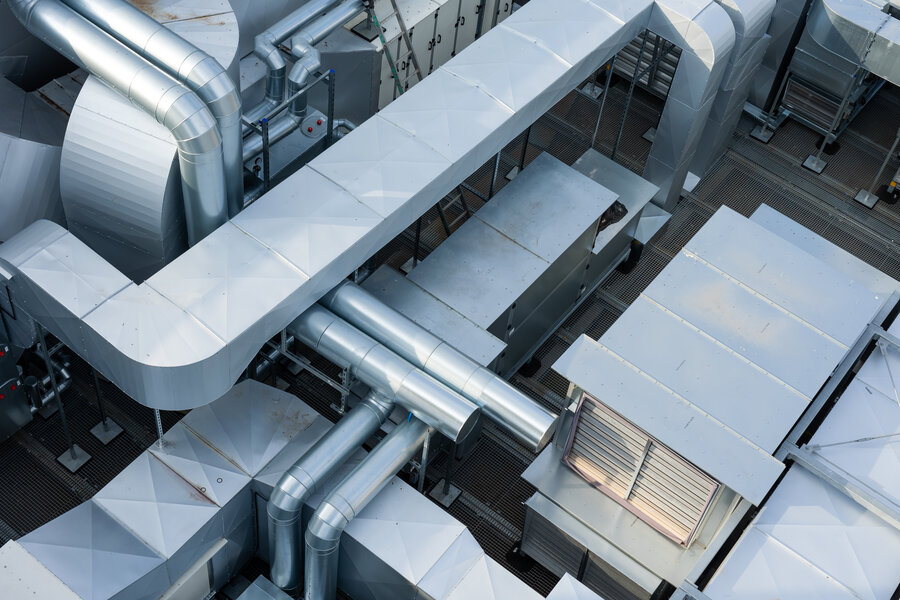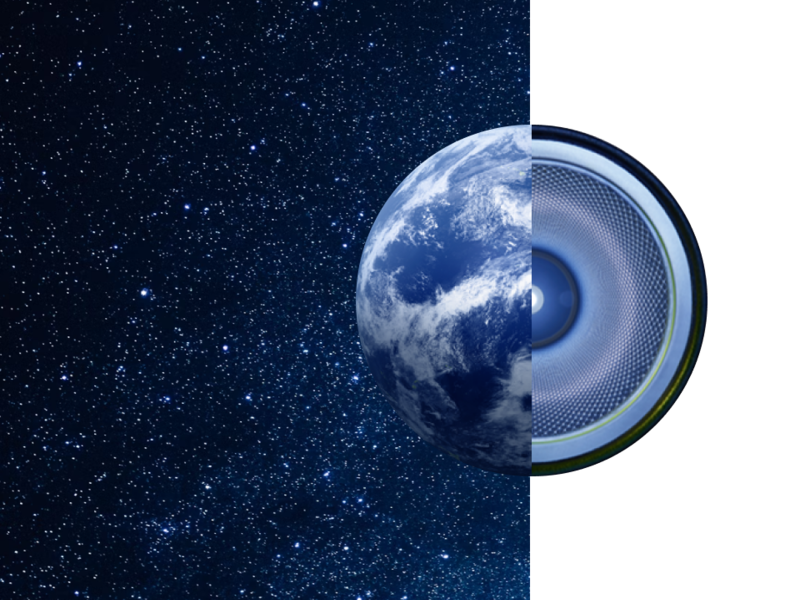We breathe - through. We take a deep breath - and think clearly, become creative.
Air is our most important food. Even more important than water and food. Without water we can theoretically live for a few days, without air not even five minutes. That's why we take 12 to 18 breaths a minute. When we are physically active, the frequency sometimes doubles.
This makes it all the more important that the air we breathe is clean. Otherwise, it can lead to reduced performance, headaches or even respiratory diseases. The WHO speaks of several million deaths and years of life lost due to air pollution1. The difficulty, however, is that we ourselves cannot decide which air we breathe in. Good or bad. We have to live with the air that is around us.
The finer the dust, the more likely it is to enter our bodies
Air is often described as bad if it has a high concentration of fine dust. In the city, this is mainly caused by traffic and industry, in the countryside by fertilizer, pollen or bulk materials from agriculture. And as the name suggests, particulate matter is not visible to us. This is because particulate matter is defined as particles that are up to 10 μm (PM10 / PM = particulate matter) in size, i.e. 0.01 mm. This is significantly smaller than our thinnest hair.

This results in the PM10 size fraction. There are also the classes PM2.5 with particles up to a diameter of 2.5 μm and PM1 for a maximum of 1 μm.
These classes are extremely important for our health, as particles between 3 and 10 μm in size (i.e. PM10) are mainly filtrated in the nose and throat. They are therefore filtered as soon as they are inhaled. Particles smaller than 2.5 μm (PM2.5) are respirable, and particles smaller than 1 μm (PM1) can even enter the bloodstream via the alveoli.2
Tailor-made air filters for every building
Filtration solutions for ventilation and air conditioning systems - air filter for short - come into play to ensure an activating working and feel-good climate, especially in Interiors. These clean the polluted outside air and ensure a healthy and pleasant indoor climate. The guide values for "good" air depend on how the room is used. Do I have a warehouse without long human occupancy times, an office building with many people, a hospital with a special focus on health or even a food production facility? The requirements for air quality are very different here.

PM10: Respirable particles; PM2.5: Respirable particles; NOx: Nitrogen oxides; SOx: Sulphur oxides
In order to select the right filter, the quality of the available outdoor air (ODA, Outdoor Air) and the desired supply air quality (SUP, Supply Air) must be precisely determined for the respective building, its architecture and its use. Depending on the ODA and SUP class, the required filter class can be read off a table. However, this must always be set higher than the result actually requires, as the "fresh" supply air always mixes with the polluted indoor air.
We want to promote the well-being of all people with our products. And above all with a focus on two core aspects: Energy efficiency and sustainability.

Ulrich Eich
Group Vice President Filtration for Industry and Environment
Air filtration: Top products with Hengst expertise
Hengst Filtration offers a comprehensive range of filters with thousands of standard and special filters for commercial, industrial and residential applications. Thanks to the large number of possible variations, our customers all over the world can find a tailor-made solution for every project.
IndustriesBuildingElectrical appliancesAutomotive
Our solutions filter fine dusts, the finest emulsion mists, toxic vapors and material debris just as reliably as odors, bacteria, fungal spores or viruses. Our Air filters also support economic and sustainable aspects. This is because they noticeably reduce consumption costs for electricity, heat and water and reliably meet legal requirements.
For more information about air filtration and products from Hengst, please get in touch with our contacts.
Otherwise, let's take another deep breath - and then exhale slowly. Perfect. Now we can think clearly again.
Do you have any questions about air filtration? Our experts will be happy to help you!

Sources
The Lancet Planetary Health. Pollution and health: a progress update, https://www.thelancet.com/journals/lanplh/article/PIIS2542-5196(22)00090-0/fulltext, 2022
WHO global air quality guidelines: particulate matter (PM2.5 and PM10), ozone, nitrogen dioxide, sulphur dioxide and carbon monoxide, WHO global air quality guidelines: particulate matter (PM2.5 and PM10), ozone, nitrogen dioxide, sulfur dioxide and carbon monoxide, 2021

